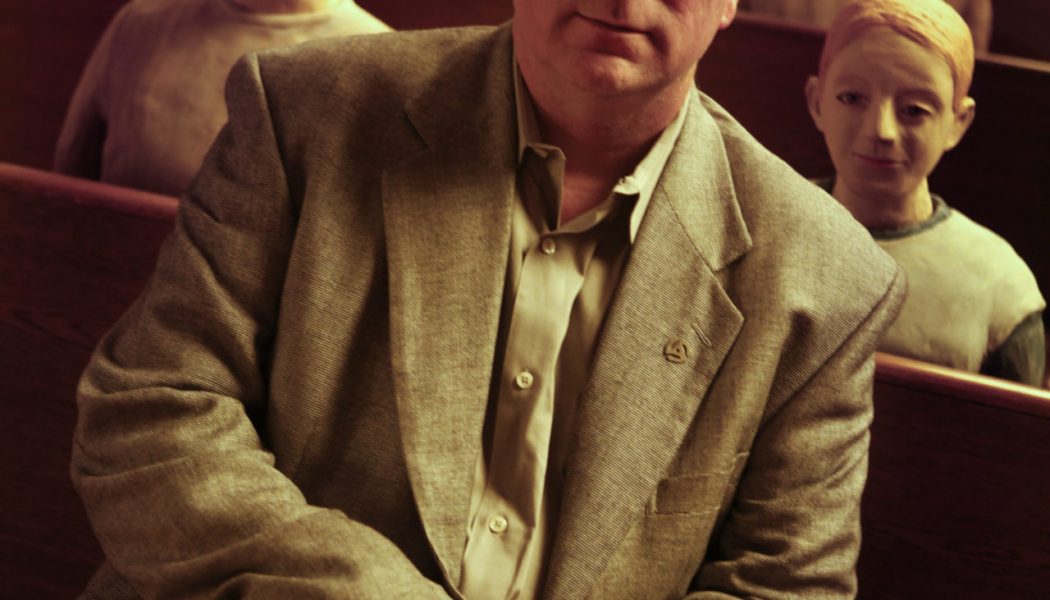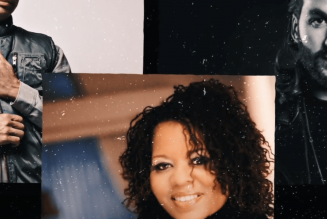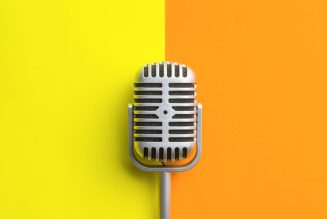Behind its bare and utilitarian user interface, the Internet Archive has stashed a certified treasure trove of music. It’s the product of the non-profit’s ambitions to build a digitized library to be used by the general public. A library that holds everything from e-books to news broadcast, to computer programs, to old websites, that would otherwise be lost in the ether of web data.
So far they have amassed an impressive 70 petabytes of data (that’s 70 million gigabytes). The primary function of the archive is for research and draws 1.5 million curious minds, scholars and researchers daily. It feels like the actualization of what early adopters of the internet had hoped it would become: a free exchange of information and ideas devoid of the empty selfies and influencer marketing that seems to take up the majority of our bandwidth nowadays.
Browsing the website’s audio files feels like combing the dusty shelves of your public library where the old mingles with the new. Scrolling through, I was reminded of the shelf filled with discs in my hometown where I borrowed Green Day CDs for my boombox.
In one collection you can find what seems to be every single live recording of Grateful Dead shows. In an email from Internet Archive founder Brewster Kahle, he explained, “The live music collection is huge: 232,000 concerts from 8,000 bands and that has been building for years. We would like to see this grow more.” And it sounds simple. A band can send a permission email here and then either the band or the fans upload concert recordings. Voila!
In another collection, you’ll find Lil Wayne and Travis Scott mixtapes. Still, another hosts old records that have been digitized, everything from Duke Ellington to Billie Holiday. And it’s all totally free.
“For collecting and preserving, we get donations of CDs, and uploads of files. Thousands of them,” Kahle says. Back in 2019, for example, Minot State University donated around 15,000 78rpm records. Some date back to 1912. The Boston Public Library donated 50,000 similar records. Individuals have made large donations too. The Tina Argumedo and Lucrecia Hug Collection includes almost 1,000 Argentinian records dating back to the 1930s. “We digitize our physical holdings, and right now that is going well.”
There are limits, though. “We are doing this with LPs and CDs as well, but we do not make much of the music available because of rights issues,” Kahle explains. Companies that profit off the media stored in the Internet Archive have a vested interest in keeping as much as possible off the site. While the Archive hasn’t trod on any toes in the music industry, they’ve riled up many for-profit book publishers.
In response to lockdown measures in March 2020, the site withdrew lending limits that restricted the amount of people who could read a digital book at any given time. The National Emergency Library, as it was called, granted unlimited access to their 4 million titles, 2.5 million of which are public domain like Pride and Prejudice and The Adventures of Huckleberry Finn. It was meant to mitigate the effect of library closures on students that couldn’t afford books. The program was widely commended by libraries and universities around the nation. A statement of support was signed by over 100 institutions.
However, in June, two large and monopolistic book publishers like Penguin Random House and HarperCollins filed a lawsuit against the site alleging “mass copyright infringement.” These publishers claim that the Archive is stealing their texts and scanning them illegally. The Archive, however, is essentially acting the same as any standard brick and mortar library would. They accept donations and purchase books to lend them out. The only difference is that copies are digitized. It’s clear that profits are the true motivation. The Internet Archive ended the program in response to the filing, but the publishers are pushing forward with the suit, which will be heard sometime in 2021. Publishers hope that this lawsuit will force the Internet Archive and other libraries that lend e-books to buy licenses for those titles, a change that would fundamentally alter how libraries operate.
In a comment to The Nation, Kahle said, “What libraries do is they buy, preserve, and lend. What this lawsuit is about — is they’re saying the libraries cannot buy, they cannot preserve, and they cannot lend.”
If you’d like to help in the fight to preserve you can send physical donations by following the directions here and you can upload your recordings at their site archive.org.






![Add Some Sizzle to Your Summer With July’s Hot New Tracks [Playlist]](https://www.wazupnaija.com/wp-content/uploads/2020/08/add-some-sizzle-to-your-summer-with-julys-hot-new-tracks-playlist-327x219.jpg)




